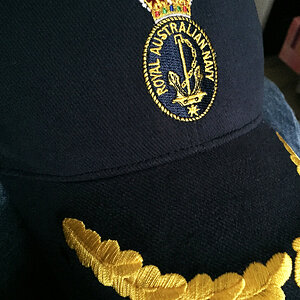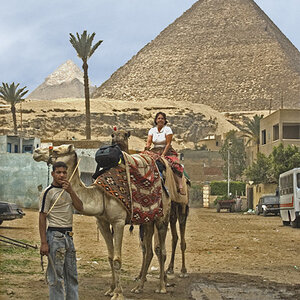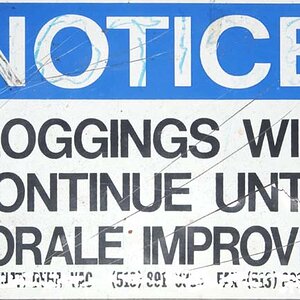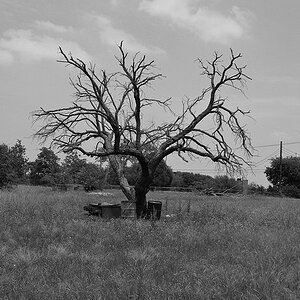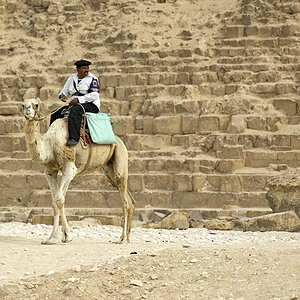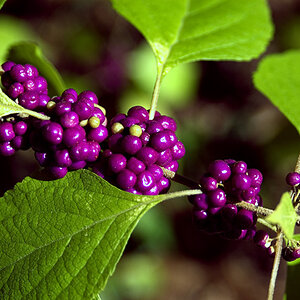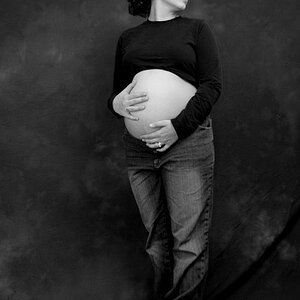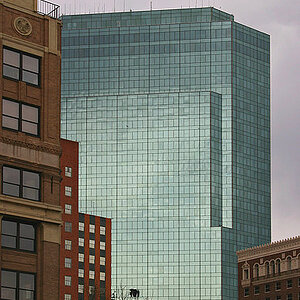dbvirago
No longer a newbie, moving up!
- Joined
- Oct 29, 2012
- Messages
- 470
- Reaction score
- 124
- Location
- Dunwoody, Georgia
- Website
- www.brooksimages.com
- Can others edit my Photos
- Photos OK to edit
Shooting JPGs helped me grow as a photographer the day I shot landscapes all day set to tungsten WB. My personal journey of growth involved moving the little doo-hickey over to the RAW setting and never looking back.


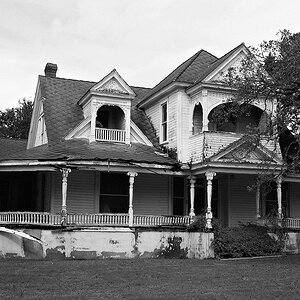
![[No title]](/data/xfmg/thumbnail/37/37136-40f690dc7da693c09d7c99c3782954b8.jpg?1619737884)
